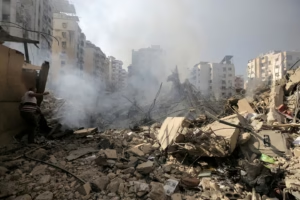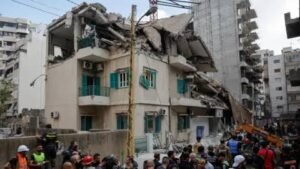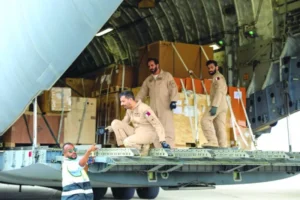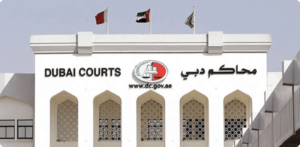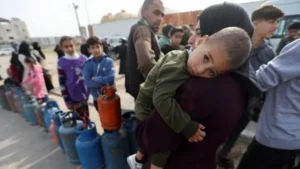Hospitals in Lebanon battle financial, pandemic crises

Hospitals in Lebanon which are considered among the best in the Middle East have been reported to be drowning in financial crisis which arose partly due to the coronavirus pandemic.
The hospitals have recently found it difficult to pay up staff salary, keep equipment running and some even find it hard to open.
Private hospitals which used to serve as the engine of the Lebanon’s health system are also affected, and there are warnings about the possibility of shutting down.
Hoslspitals and doctors are continually reporting shortages in vital medical supplies such as anesthesia drugs and sutures.
To make it worse, power instability have made them out more money into fuelling generators.
Selim Abi Saleh, the head of the Physicians Union in northern Lebanon, one of the country’s poorest and most populated regions said on Thursday July 23, 2020, that the situation was really catastrophic.
He stated that a total collapse is looming if the government doesn’t come up with a rescue plan.”
“One of the country’s oldest and most prestigious university hospitals, the American University Medical Center, laid off hundreds of its staff last week,” he said.
Sources stated that medical facilities are letting go of nurses and are reducing salaries because their finances are running dry in part. The source said this is the because the facilities can’t collect millions owed to them by the state.
Meanwhile, Lebanon’s liquidity crunch has crippled the government’s ability to provide fuel, electricity and basic services. The shortage of dollars is gutting imports, including medical supplies and drugs.
Prices have spiraled, unemployment is above 30% and nearly half the population of 5 million now live in poverty.
Firas Abiad, the director General of Rafik Hariri University Hospital, said “The insurance system, with multiple health funds, is chaotic, making collection difficult and coverage patchy.
“For years, state insurance funds failed to reimburse hospitals. Private hospitals say they are owed $1.3 billion, some of it dating back to 2011.”
“We can’t fight COVID and at the same time keep looking behind our backs to see whether I have enough financial and material resources,” said Firas.
Abiad, who has won praise for his transparency in handling the pandemic, is getting by with stop-gap measures.
“When he raised alarm this month that the hospital was running out of fuel, a rush of private donations flowed in. The government pledged to provide fuel for public facilities.
“I doubt anybody has any long-term strategy,” Abiad said.
He added that “We are doing it one fight at a time, and we are surviving one day at a time.”
Financing must be priority, he said. “Generators can’t run on empty, without fuel. Hospitals can’t run without financing.”
However, the Minister of Health, Hamad Hassan, said he was counting on government support to keep hospitals as a “red line” and urged hospitals to do their part to push through the crisis.
“Hospitals have invested in this sector for 40 years. Whoever has invested that long should have the courage to invest for six months or a year to help his people and not give up on them,” he said.
Oncologist Kayssar Mawad, who owns an 100 bedded Family Medical Center said he had to shut down one of the five floors of the hospital to save costs.
Mawad has had to refuse patients with state insurance. “The government already owes him millions of dollars,” he said.
“It has to be a life or death situation,” Mawad said. “This is not sustainable.”
He said in recent weeks that he admitted 20 patients at most, while treating others as outpatients to save costs.
His facility is prepared to deal with COVID-19 patients but he said it won’t because it is too expensive.
“We don’t want to get to a Venezuela-scenario where we diagnose the patient but ask them to bring their own medicine, food, and sheets,” he said.
“I hope we don’t get there,” he concluded.

